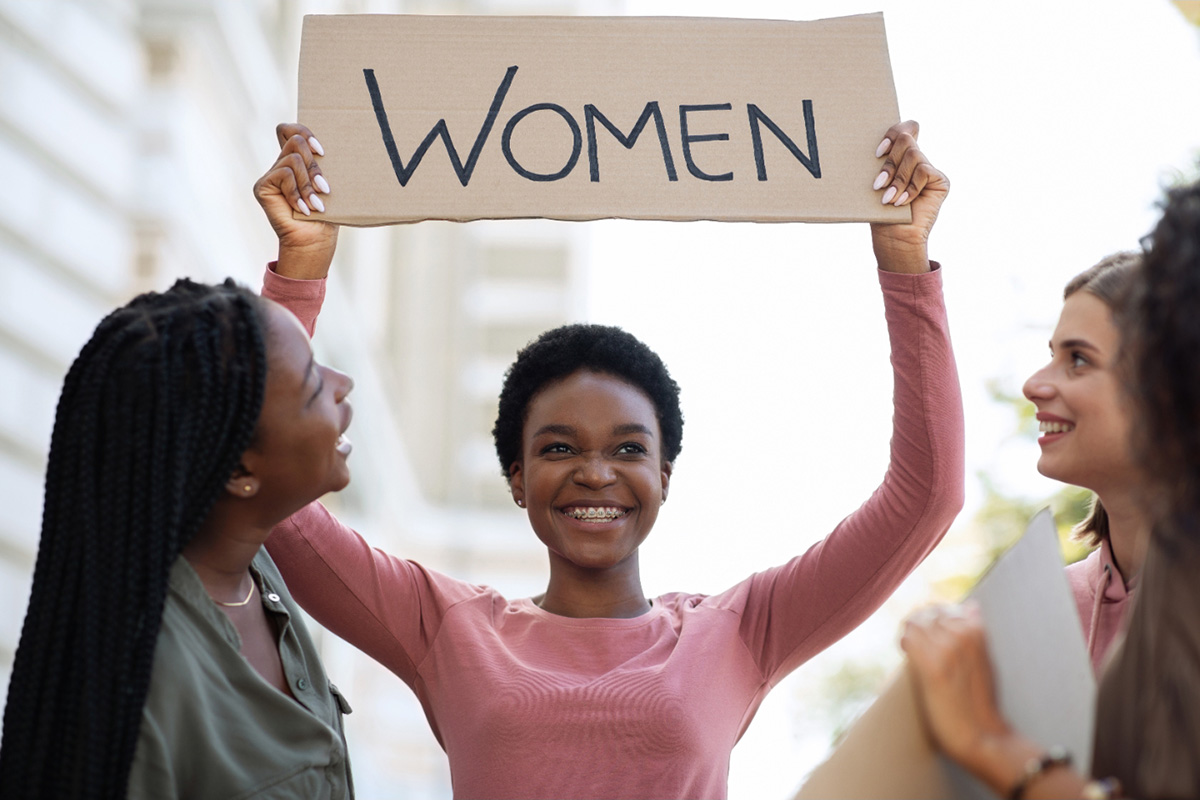Increased female representation in Government imperative
February 4by Similoluwa Ifedayo
In today’s political and leadership world, the imperative need for increased female representation has become paramount. Women continue to be underrepresented in governmental positions worldwide, despite comprising half of the population. This imbalance and gap impede the effectiveness of decision-making processes, hindering progress on crucial societal issues.
A balanced political system is important as it ensures a wide range of perspectives, experiences, and backgrounds are considered when making choices. It fosters a more comprehensive understanding of issues, leading to well-rounded and inclusive decisions that better reflect the needs and values of a diverse society. Additionally, it helps in crafting policies that are more equitable and beneficial for all segments of the population. Issues like healthcare, education, and gender equality receive more attention and nuanced solutions, fostering a fairer and more inclusive society.
Statistics paint a spark picture of gender inequalities in politics. As at 15 September 2023, there were 26 countries where 28 women serve as Heads of State and/or Government. Globally, there are 22 States in which women account for less than 10 per cent of parliamentarians in single or lower houses, including one lower chamber with no women at all. Data from 141 countries show that women constitute 35.5 per cent of elected members in local deliberative bodies.
Despite progress, formidable barriers persist. Cultural norms, gender stereotypes, and institutional biases often dissuade women from entering politics and taking major positions in leadership. Overcoming these obstacles necessitates concerted efforts, including educational reforms, awareness campaigns, taking risks and policy changes to create an enabling environment for aspiring female leaders in all sectors, even beyond politics.
There is a long way to go in attaining gender equality in politics globally, despite its clear positive outcomes. UN Women notes that, under the current trajectory, it will take a long time to achieve gender equality in the highest positions of power and the report shows that the world is failing women.
Some nations and regions like Sweden, Norway, Ireland, Rwanda, New Zealand, Canada, Bolivia, Mexico, and Costa Rica, have made significant strides in promoting female political participation. These nations have utilized various strategies, including quotas, legislative support, educational campaigns, and societal encouragement, to enhance female political representation, making strides toward more balanced and inclusive governance.
However, these strategies are not enough for the gender gap. We need to understand that the pursuit of gender equality in politics and leadership isn’t merely a credible obligation—it’s a foundational prerequisite for a better world for us all.
The world needs more women in leadership because representation shapes policy and diversity leads to better decision-making. We need to get to the point where we accept that women can perform well as the First Lady but would do excellently even as the Head of government or state. We live in a world that has been structured for men and we need to change the structure – and also ensure that women are put into consideration. We need to get to a point where young people, especially women, don’t think of men only when the word ‘leader’ is being mentioned. A greater gender balance in politics and government will help to ensure a fair recovery for the world.
Advocating for gender parity in politics and leadership demands proactive measures. Reforms should include affirmative action policies, mentorship programs, social media formation, and community support to encourage and empower more women to pursue political and leadership careers. Women should also get themselves informed and involved in the movement. Their engagement is pivotal in driving this transformative change.
The urgency to elevate women’s participation in politics is pronounced. Fostering a political landscape that mirrors society’s diversity and perspectives is crucial for effective governance and a better nation. It requires collective efforts and it might take time, but the world at large will benefit if we don’t stop supporting and empowering aspiring female leaders.






